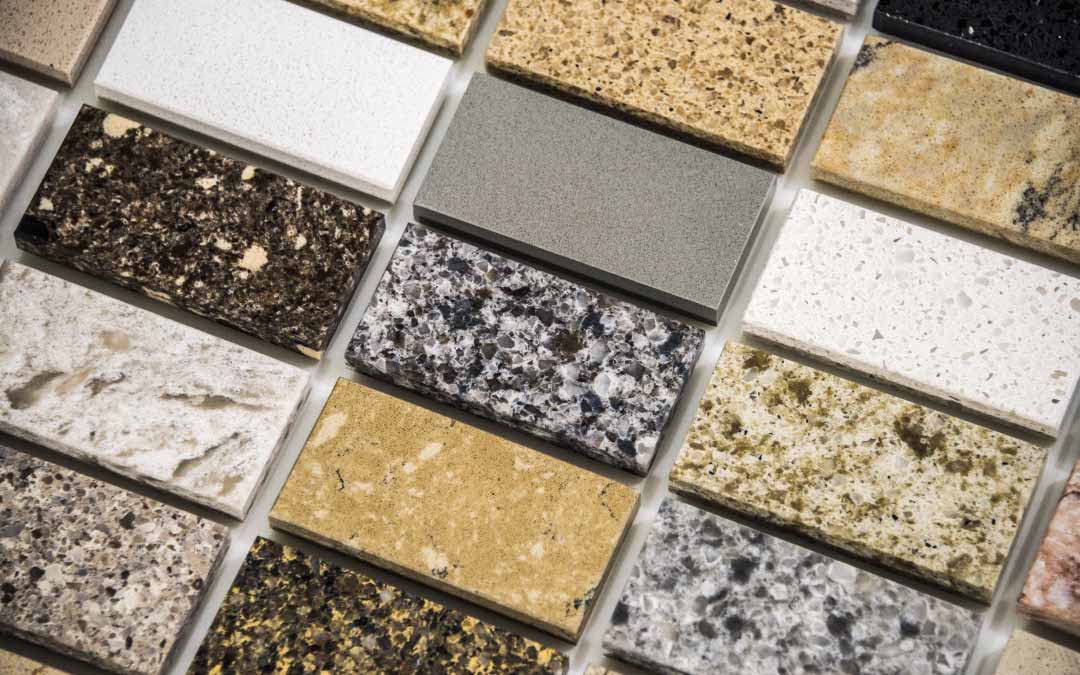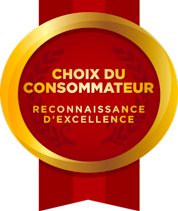
Chinese Quartz Countertop
12 March 2020
Contact Us
Boisbriand
654 Curé-Boivin
Boisbriand, Quebec
J7G 2A7
Monday to Friday: 9 AM to 5 PM
Saturday: 9 AM to 5 PM
Phone: +1 450-419-5111
Email: [email protected]
Saint-Laurent
3850 Boulevard Côte-Vertu West
Saint-Laurent, Quebec
H4R 1V4
Monday: Closed
Tuesday to Saturday: 9 AM to 5 PM
Phone: +1 514-500-9866
Email: [email protected]

Quartz countertops have seen a surge in popularity in recent years and will likely continue to grow in demand thanks to their exceptional qualities.
However, this growing demand is beginning to outpace supply. As a result, we’re seeing the emergence of lower-quality materials from China flooding the market. Although these products may look similar on the surface, they often present numerous issues that concern both dealers and consumers.
Quartz countertops are not made of 100% quartz; according to the standards of the Italian company Breton, they are typically composed of 90% to 93% natural quartz mixed with resins. In contrast, Chinese quartz countertops often contain much lower amounts of natural stone—as little as 70%.
This leads to a decrease in the material’s consistency, making it more flexible and less durable compared to the standard. This difference also results in visible variations in texture and color from slab to slab—and sometimes even within the same slab.
Additionally, the resins used in Chinese quartz products are often of lower quality, raising concerns about their durability, performance, and even safety for consumers.
While Chinese quartz countertops may appear more affordable, this lower price often comes at the cost of inferior quality. They may not last as long, perform as well, or deliver the results you expect.

